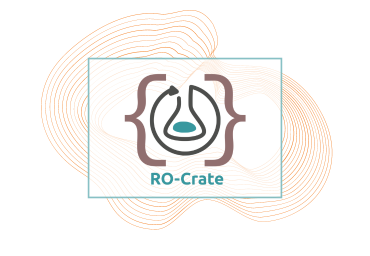RO-Crate describes the community-led effort to establish a lightweight method of aggregating and describing research data with associated metadata. Replacing traditional academic publications as a PDF with a digital object that contains all the items that contributed to the research outcome, including their identifiers, provenance, relations and annotations.
A resource stored using RO-Crate subsequently details who created it, using which equipment, software and workflows, under what licences it can be reused, and where was it collected, and/or where is it about. All this as a digital object that is packaged for distribution via ZIP, Bagit and OCFL – or simply be published on the Web.
Given its general purpose, it is necessary to make tools available that can provide concrete implementations of the RO-Crate standard making efficient use of it in practical real world cases, helping to give shape to the metadata defining the right ontologies and formats suited for each implemented use case.
The RO-Crate toolbox is composed mainly of the core library ro-crate-py. Implemented in Python, one of the most popular and user-friendly languages, the toolbox provides a higher level interface to create, load and manipulate RO-Crate objects. In an effort to make it even more user friendly, this core library is in the process of being wrapped in different platforms such as Galaxy tools and other GUI environments.
